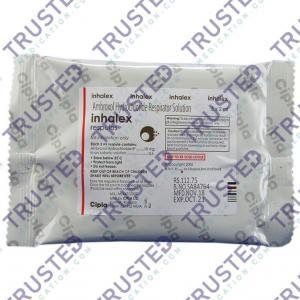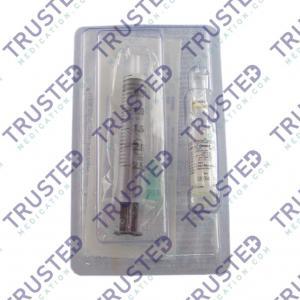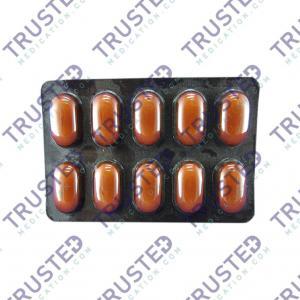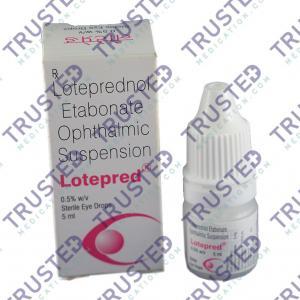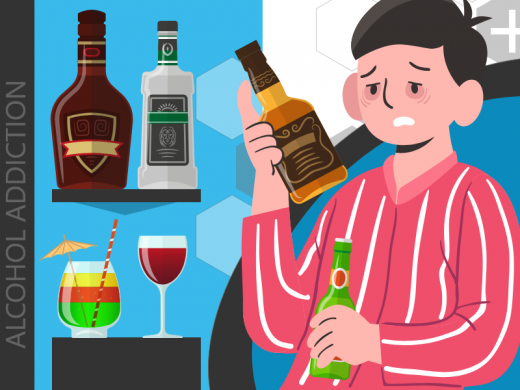
Alcoholism is known as alcohol abuse or alcohol dependency. Alcohol addiction is one of the health concerns that links to life-threatening diseases.
What Causes Alcoholism?
The specific cause of Alcoholism is unknown but, alcohol use disorder develops when you drink lots that chemical changes in the brain occur. The alcohol-related changes increase the pleasurable feeling when you start to have a glass of alcohol. It leads to drinking more often regardless of whether it causes harm.
The pleasurable feelings due to alcohol use go away and, the person with alcohol use disorder will engage in drinking. It is a mannerism to prevent withdrawal symptoms. Withdrawal symptoms are unpleasant and dangerous. Alcohol use disorder typically develops gradually over time.
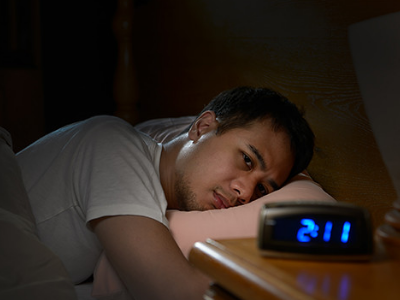
Alcoholism Withdrawal Symptoms
Mild symptoms can start as early as 6 hours after you put down your glass. They can include:
- Shaky hands
- Anxiety
- Headaches
- Nausea
- Vomiting
- Insomnia
- Sweating
48 to 72 hours after you stop drinking, you are more likely to experience:
- Racing heart
- Irritability
- Confusion
- High blood pressure
- Heavy sweating
- Fever
Excessive drinking affects the nervous system and, your body becomes dependent on it. When this happens, your nervous system cannot hold on to a lack of alcohol and causes these symptoms.

What are the Risk Factors of Alcoholism?
- Drinking more than 15 drinks a day for males and 12 drinks for female
- Drinking alcohol more than five drinks a day once a week.
- You are more likely to have Alcoholism as an influence from your parents with alcohol use disorder.
- Alcoholism is also possible if you have depression, anxiety, or schizophrenia.
- Peer pressure
- Low self-esteem
- High-stress levels
- Family or culture where alcohol use is typical and accepted
How to Diagnose Alcoholism?
Your doctor will assess you by asking questions about your drinking habits. Medical providers may also do a physical exam to help in diagnosing Alcoholism. Lab tests and imaging tests can determine alcohol-related health problems. Complete a psychological evaluation on symptoms, thoughts, feelings, and behavior patterns to help diagnose Alcoholism.
Treatment for Alcoholism

- Counseling
Counseling helps in planning the right strategy to treat the condition.
- Drug Therapy
Drug therapy helps in reducing alcohol cravings. Doctors may prescribe a drug for 12 months to reduce cravings.
- Cleansing
It helps flush alcohol and drugs out of the body. A healthy diet and exercise are also helpful in dealing with Alcoholism.
- Parental drug
Naltrexone injection can help a person live an alcohol-free life. It is a medication given to a patient who is fighting the addiction.
- Rehabilitation center
Patients can stay in the center to help them stop using alcohol and drug.



